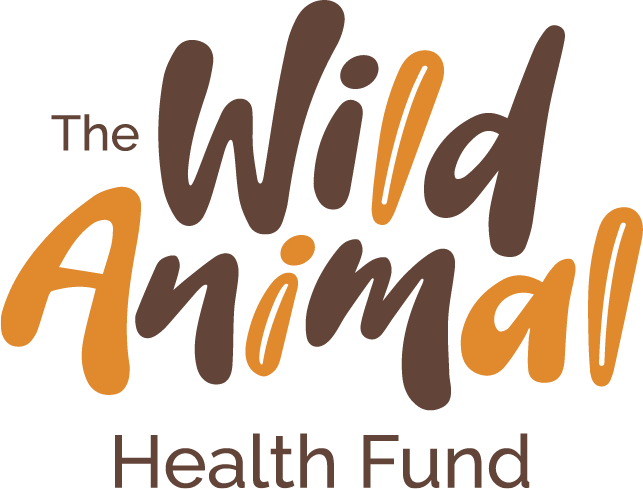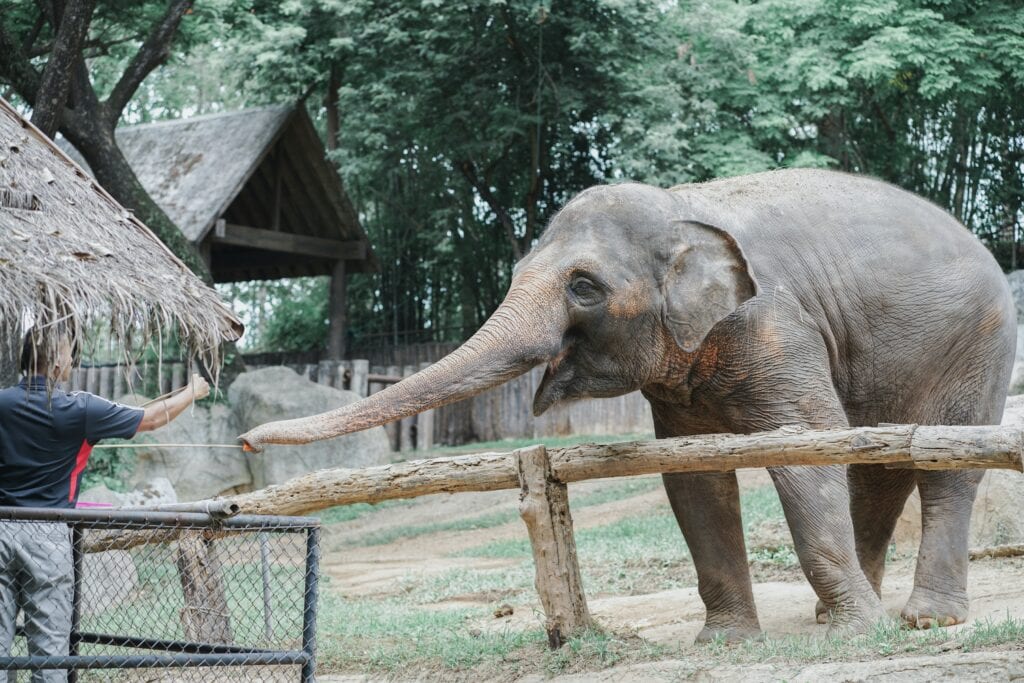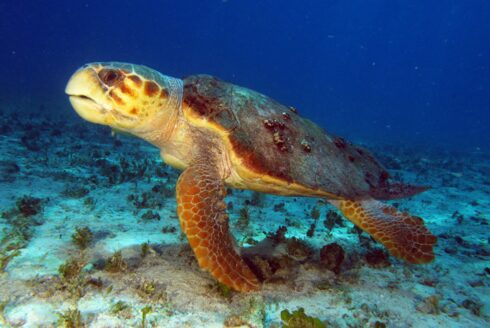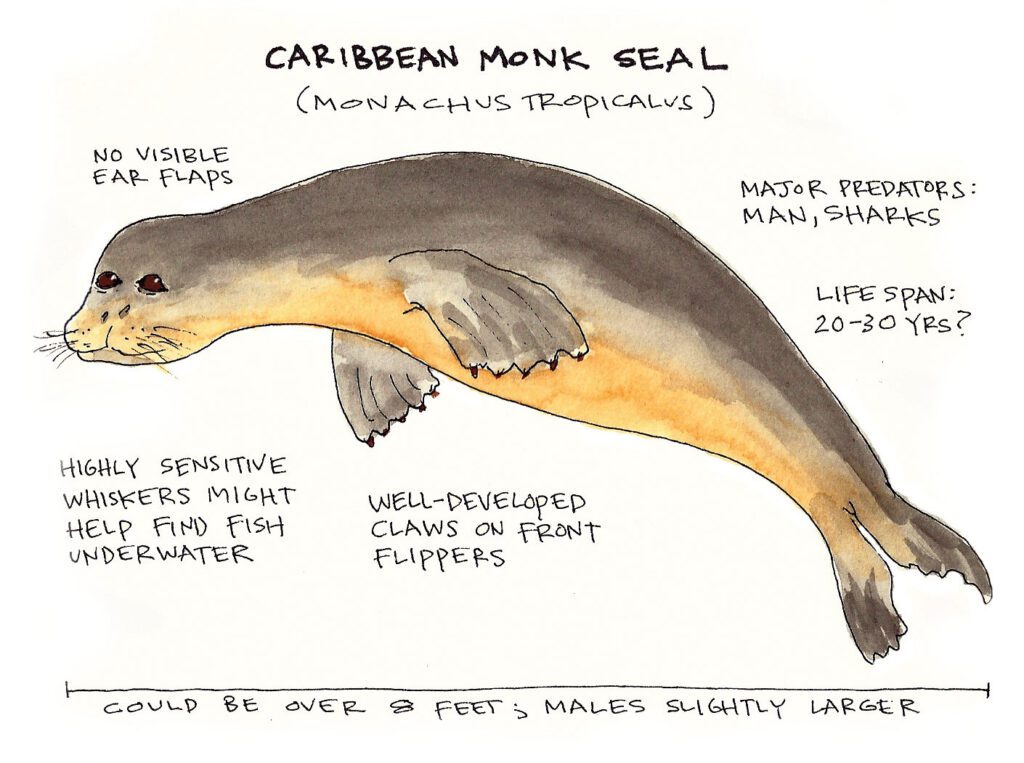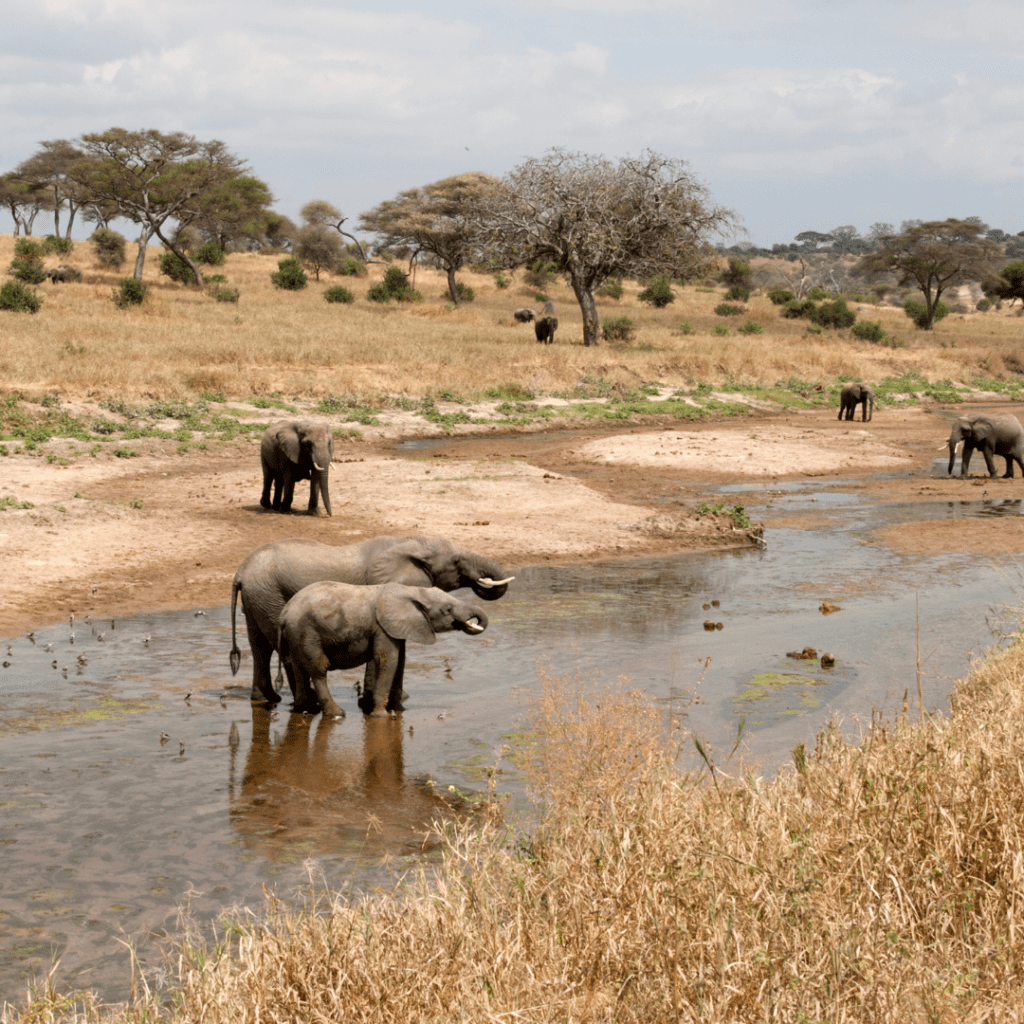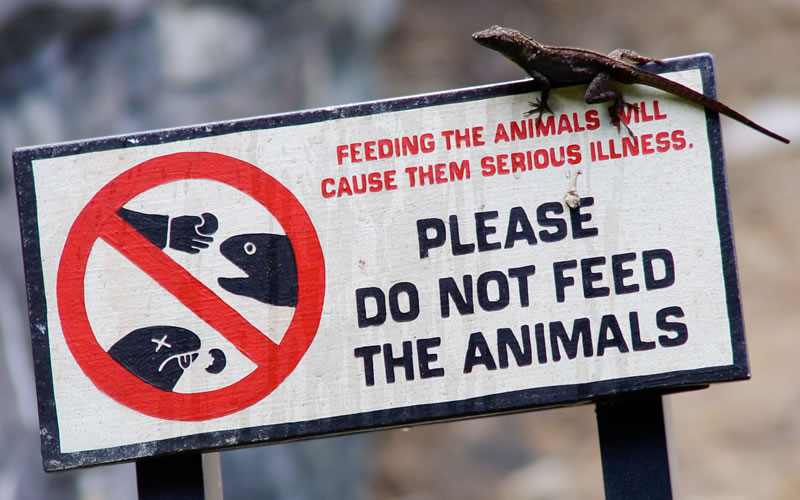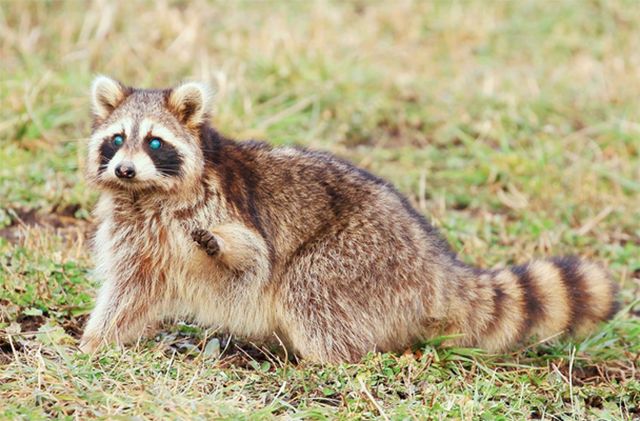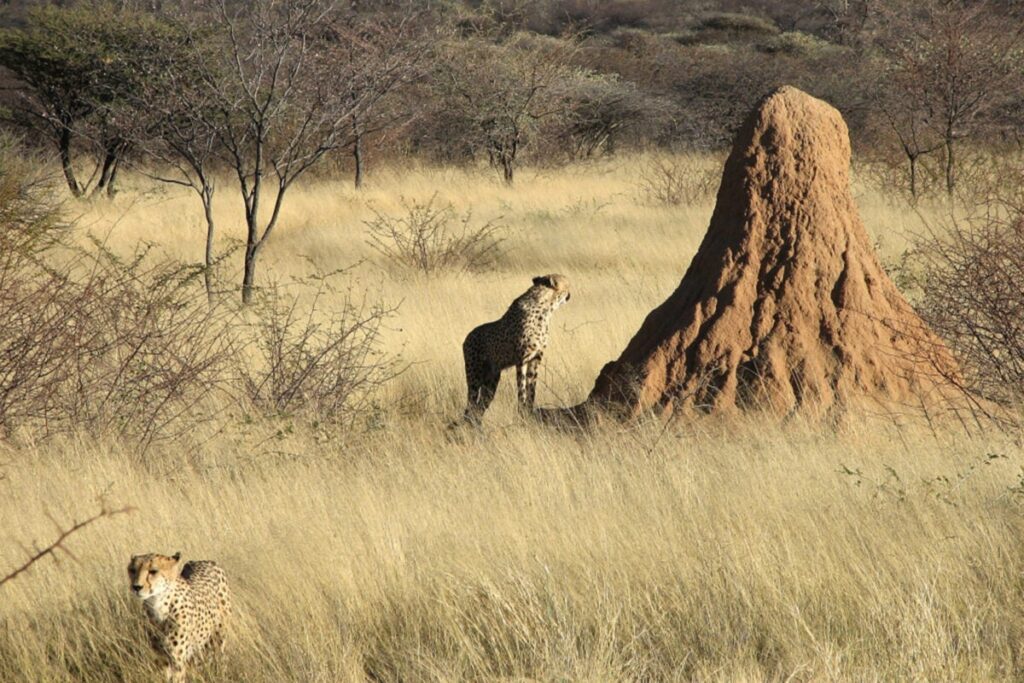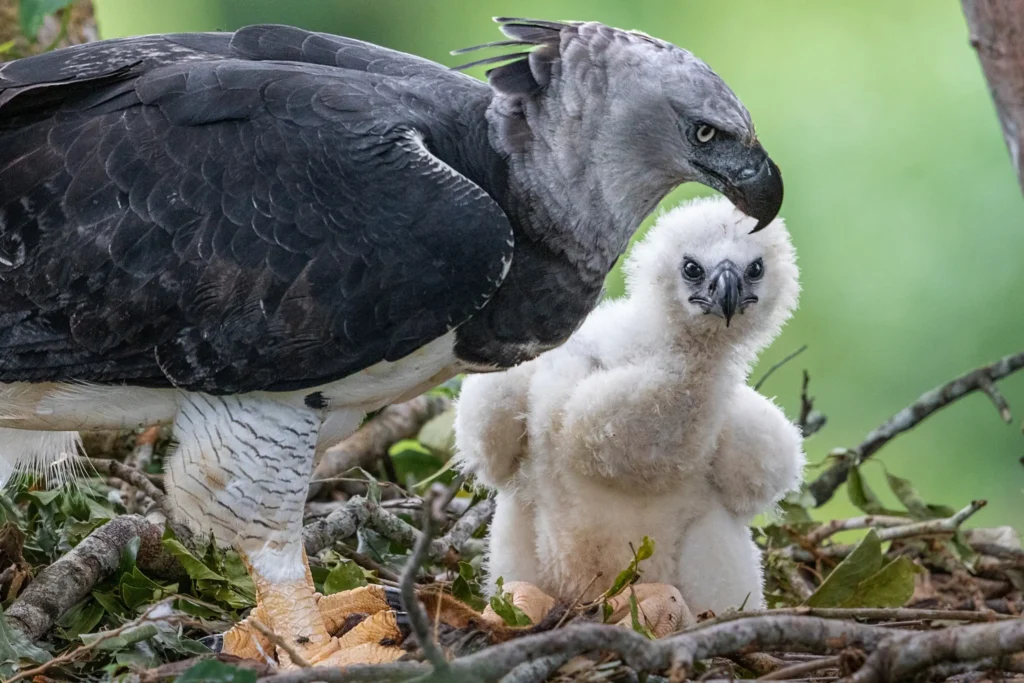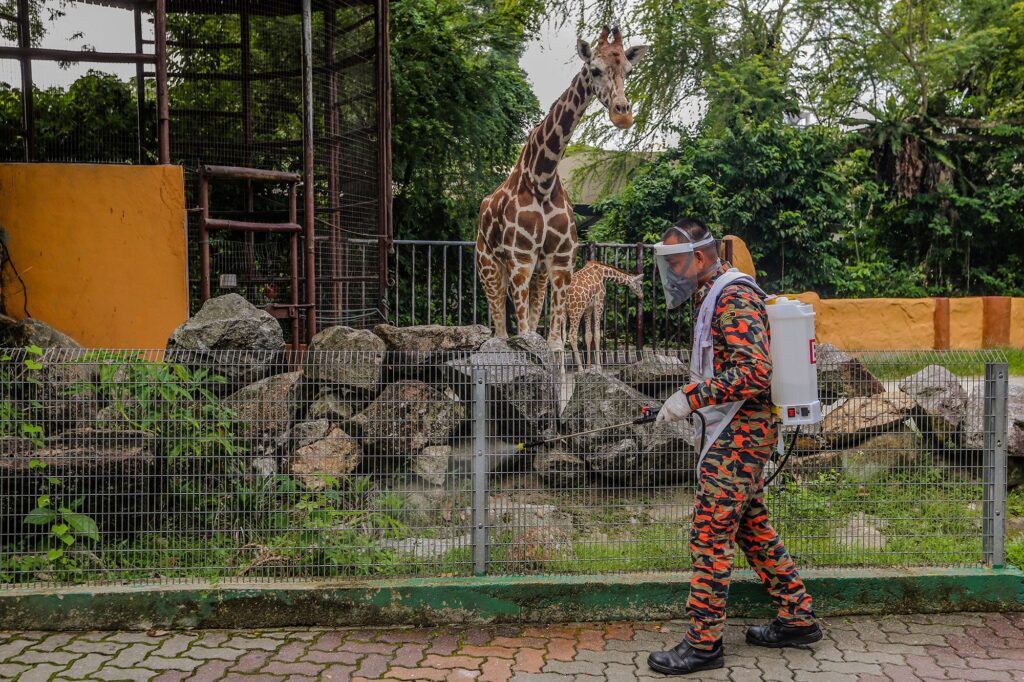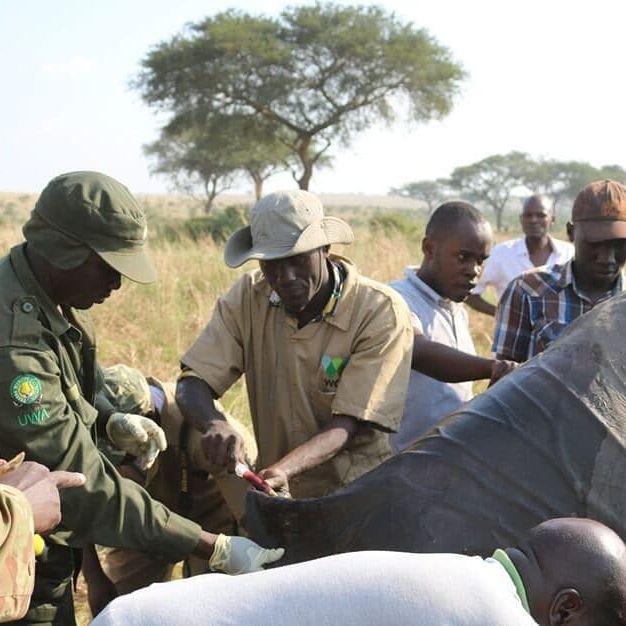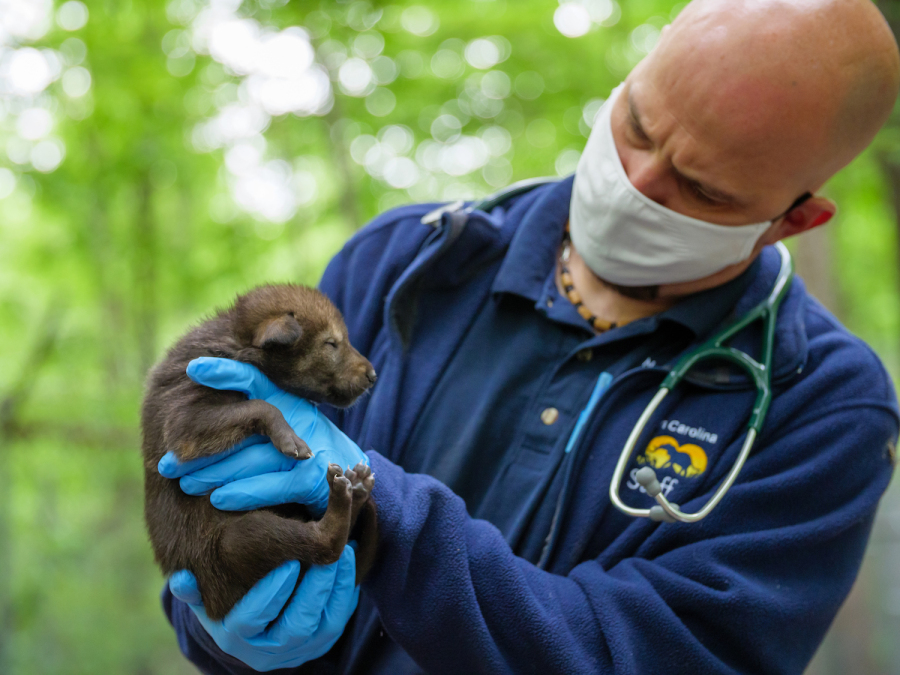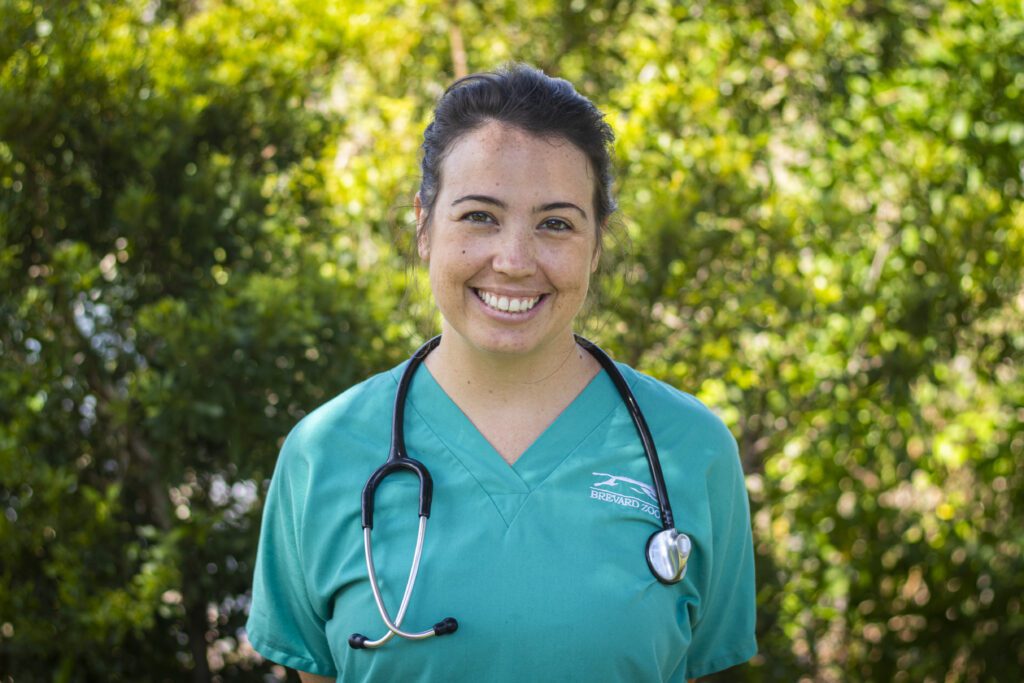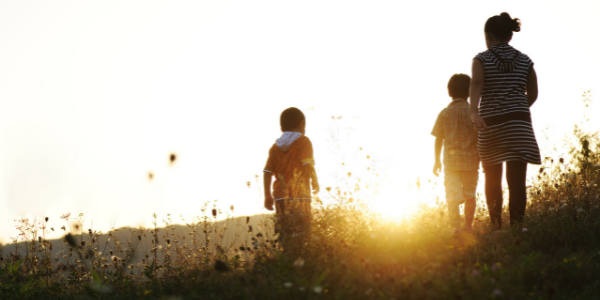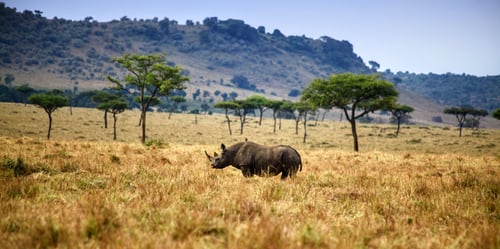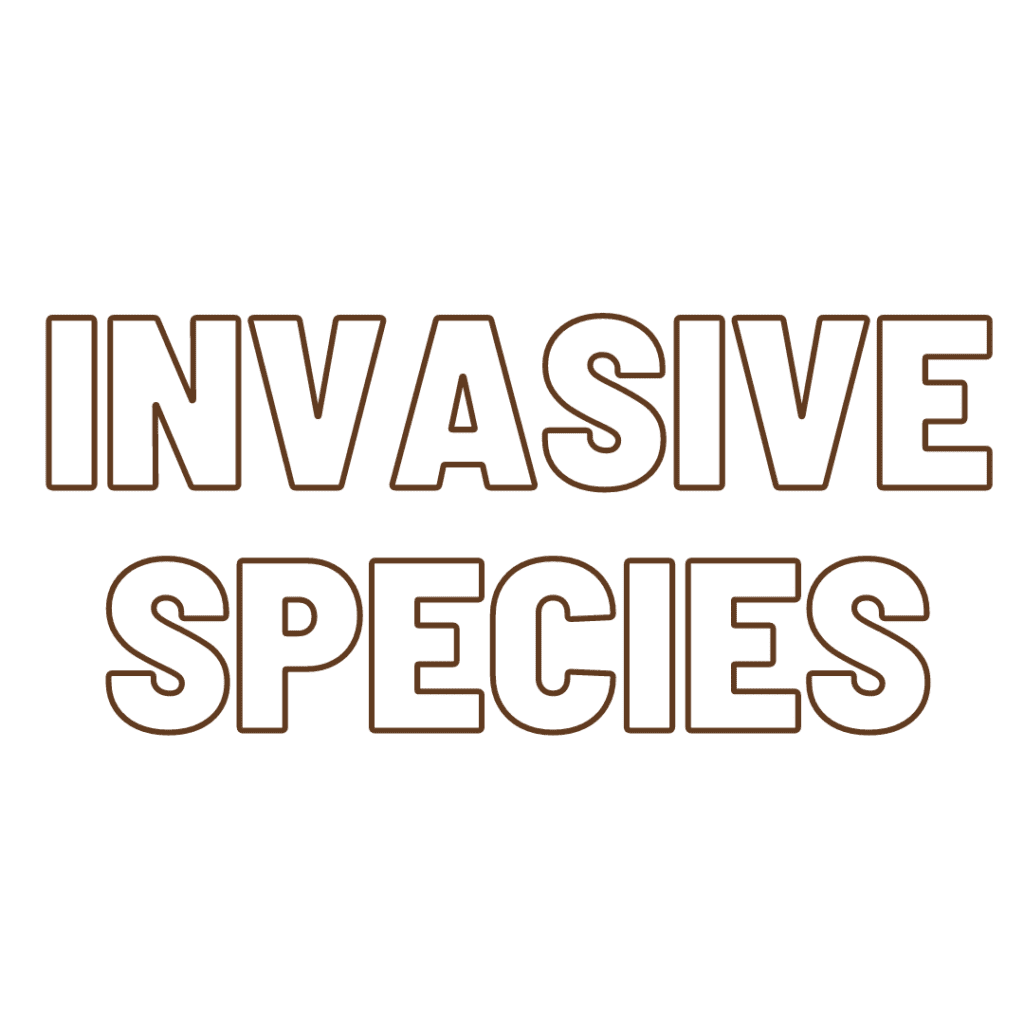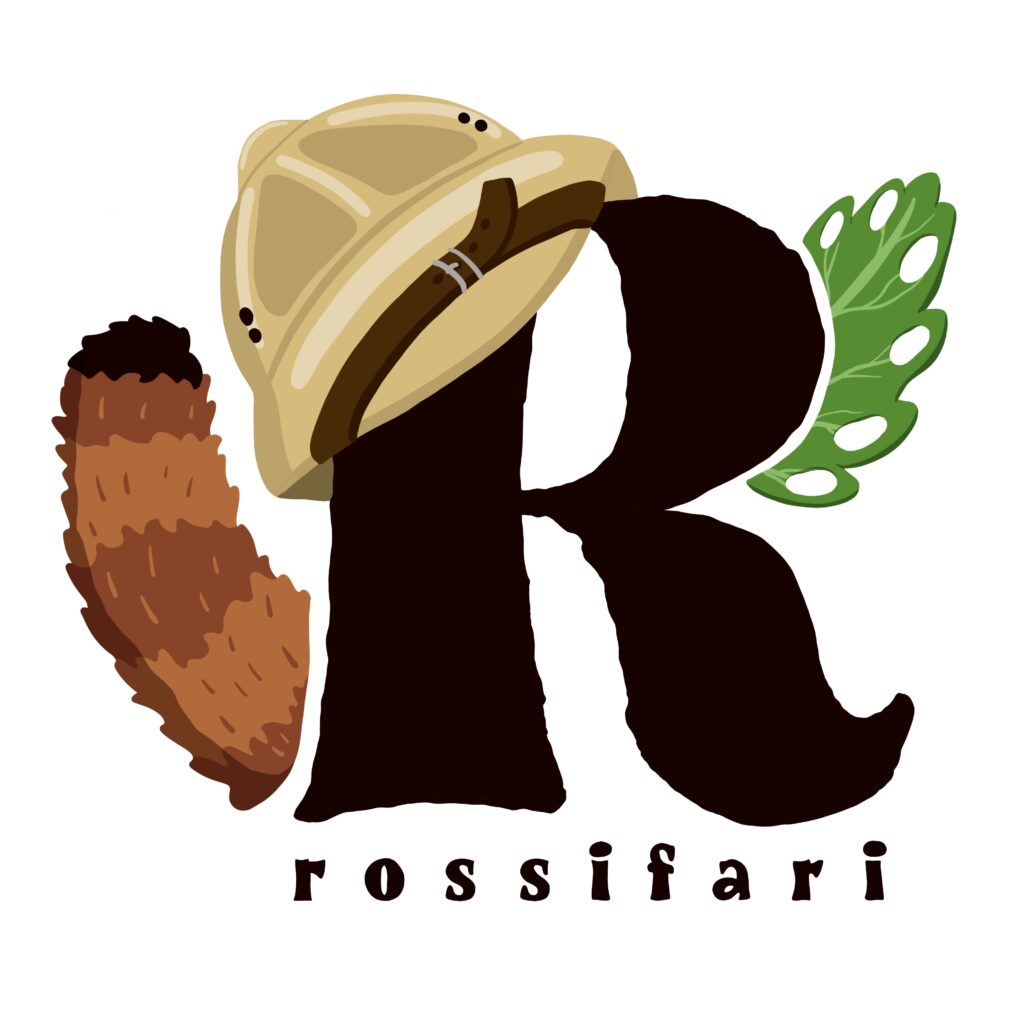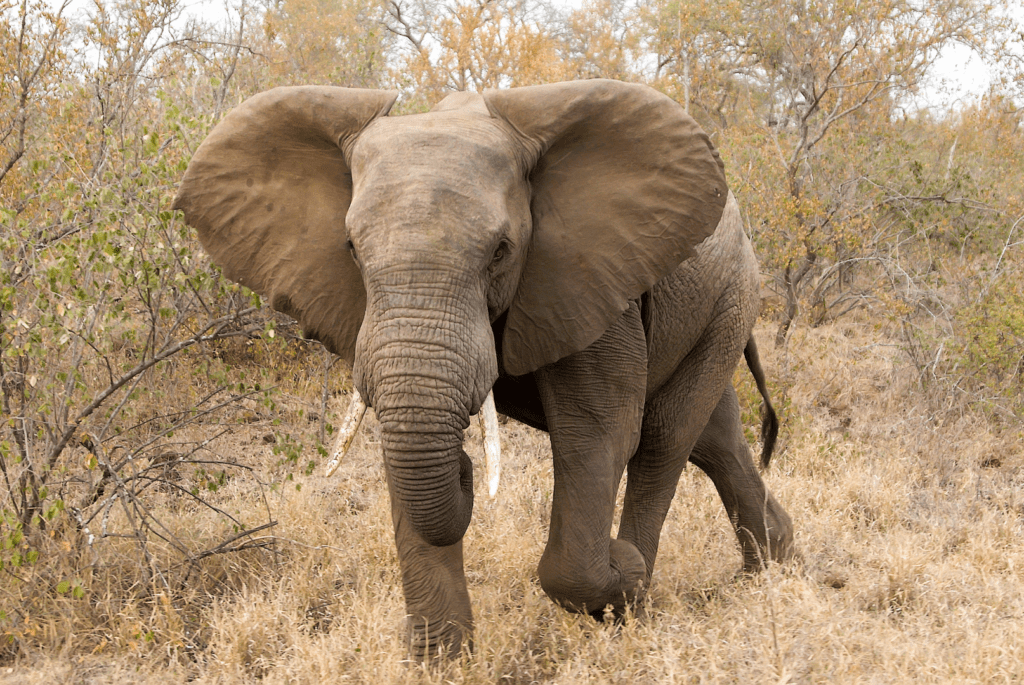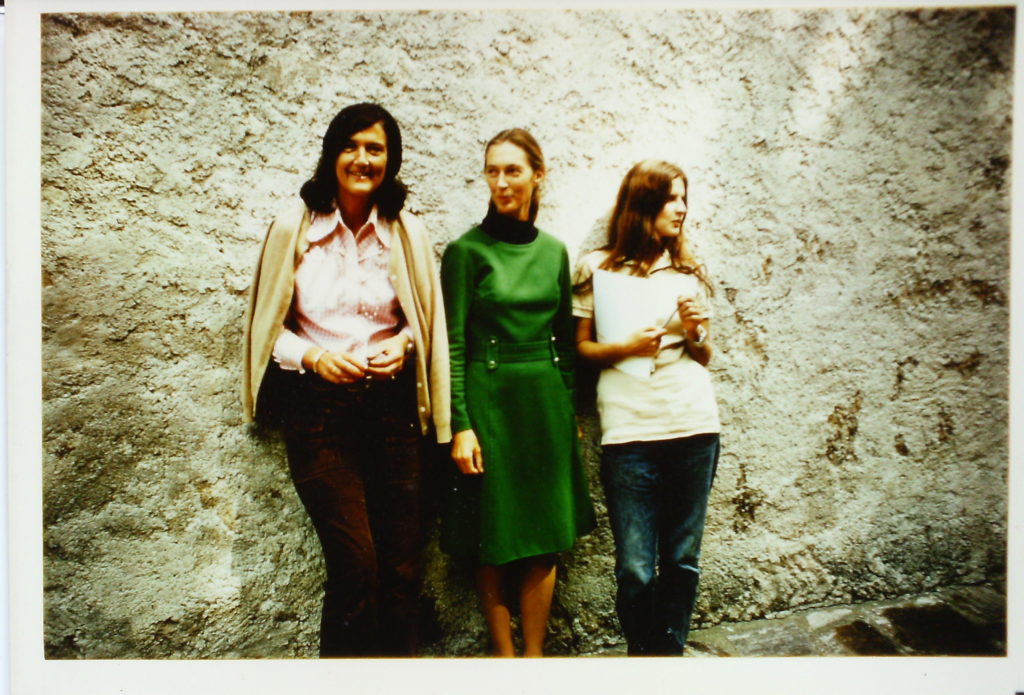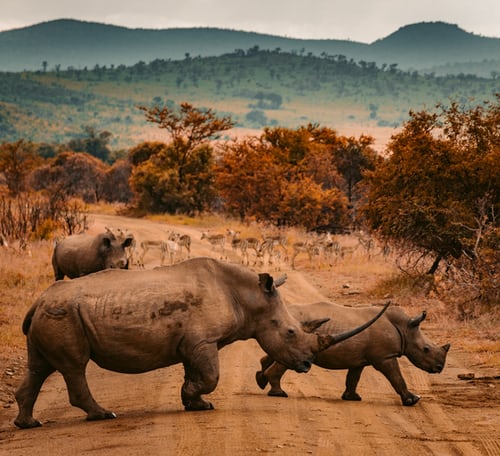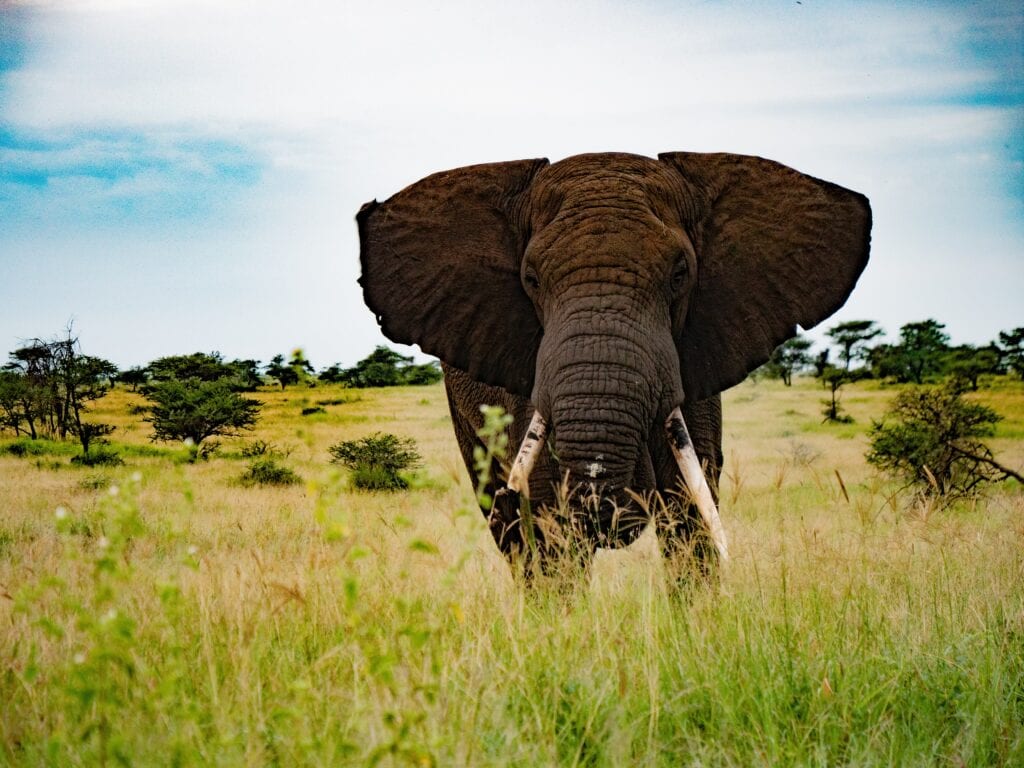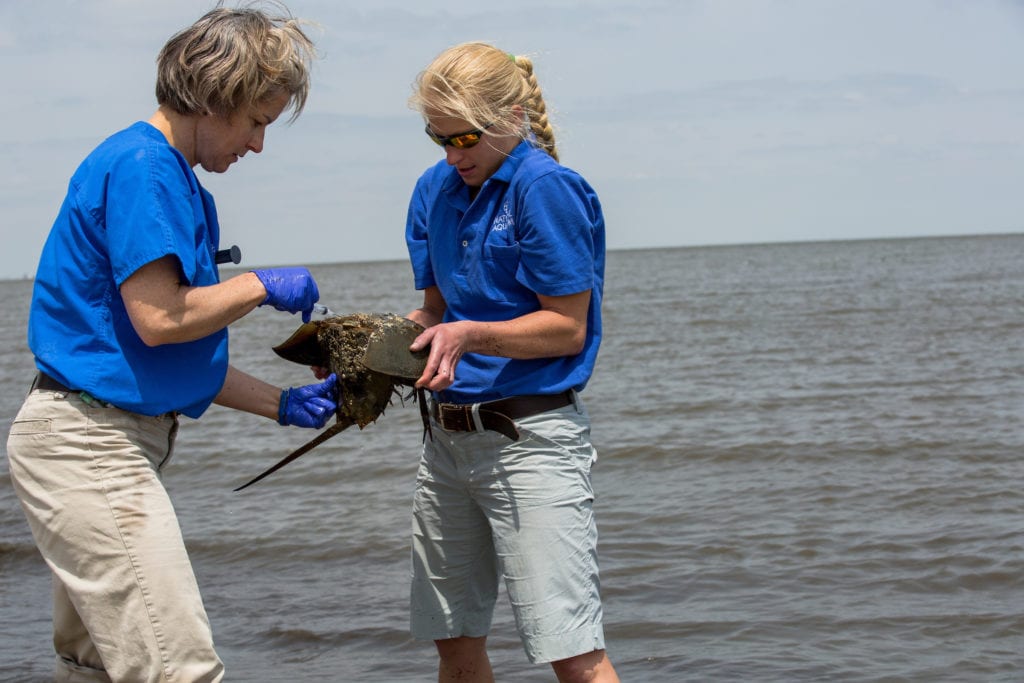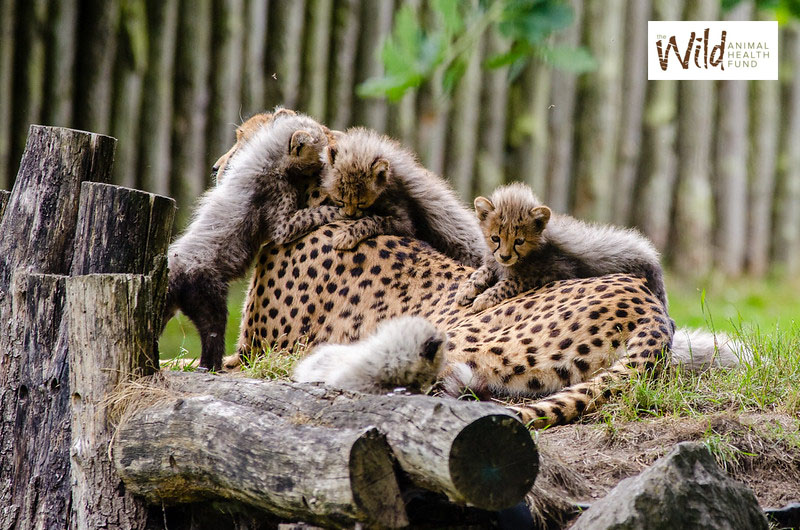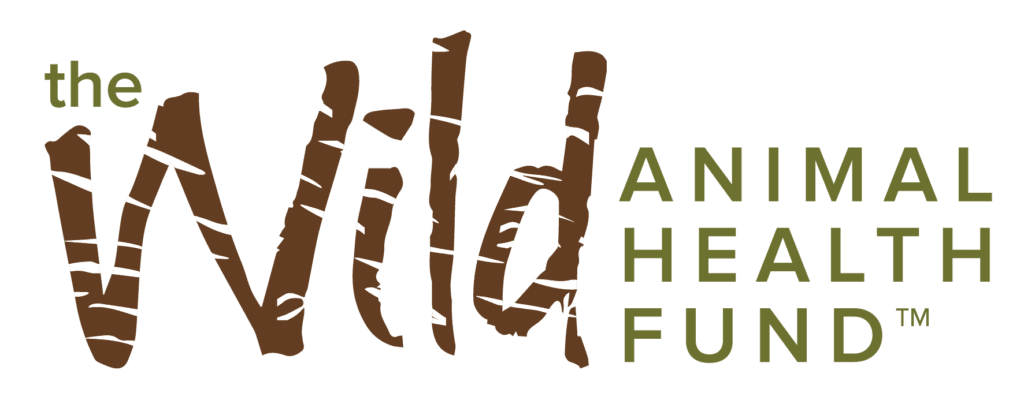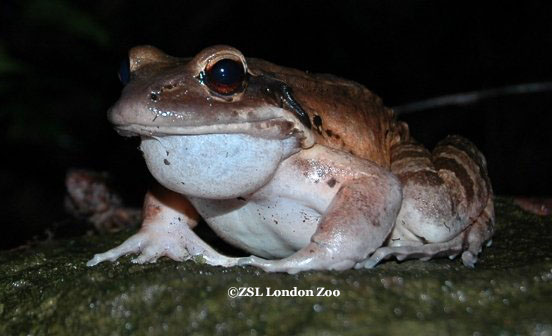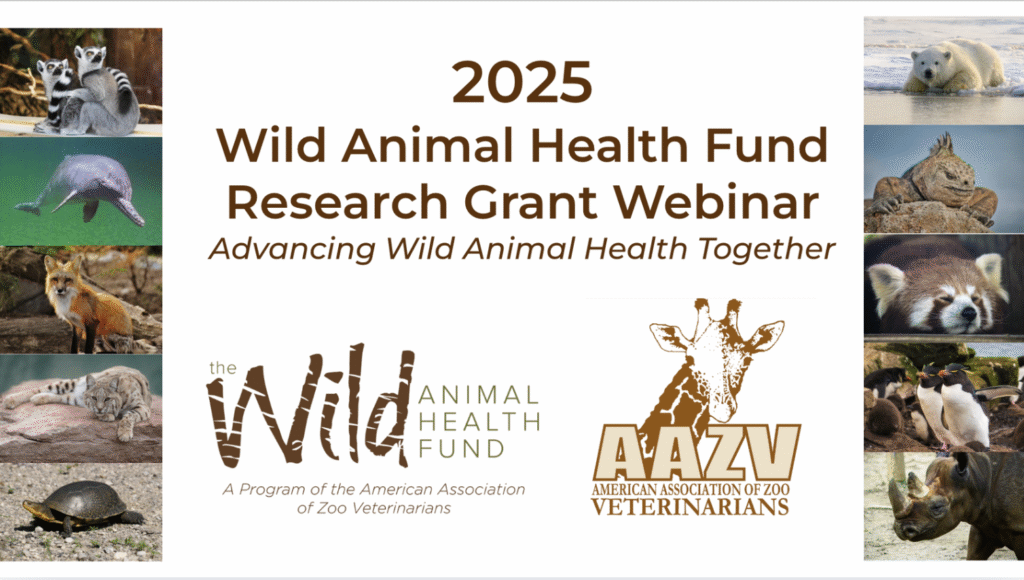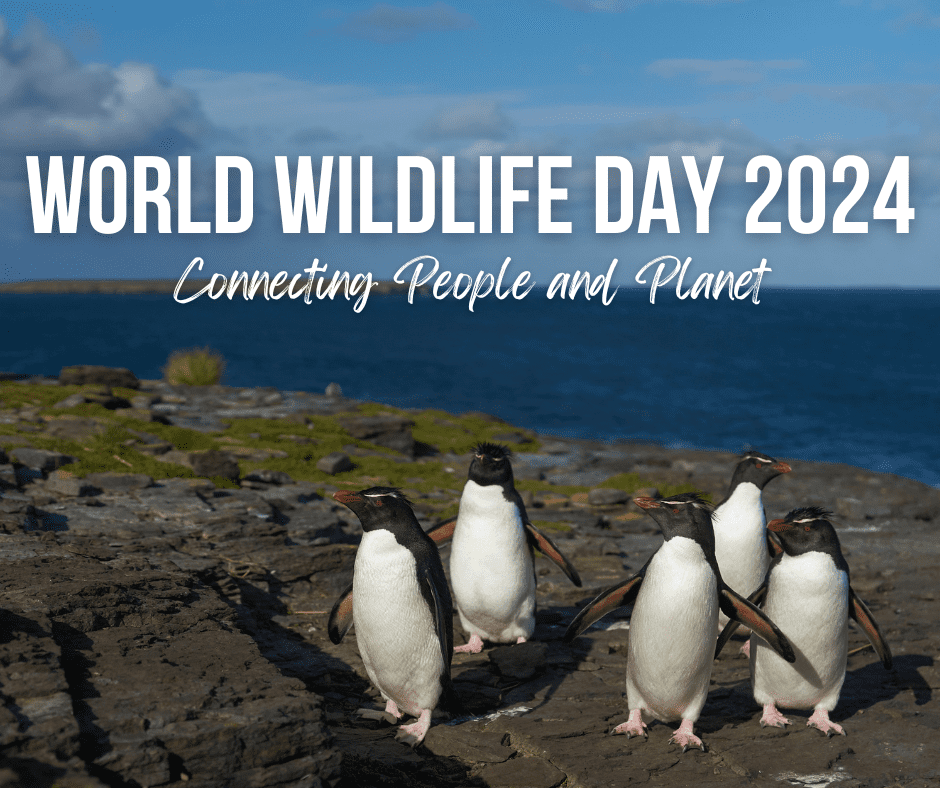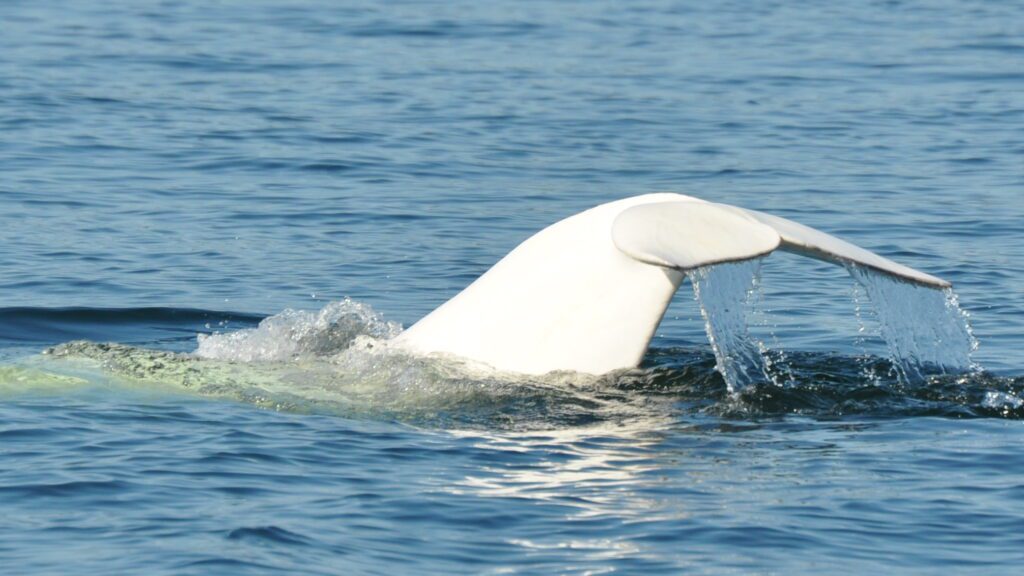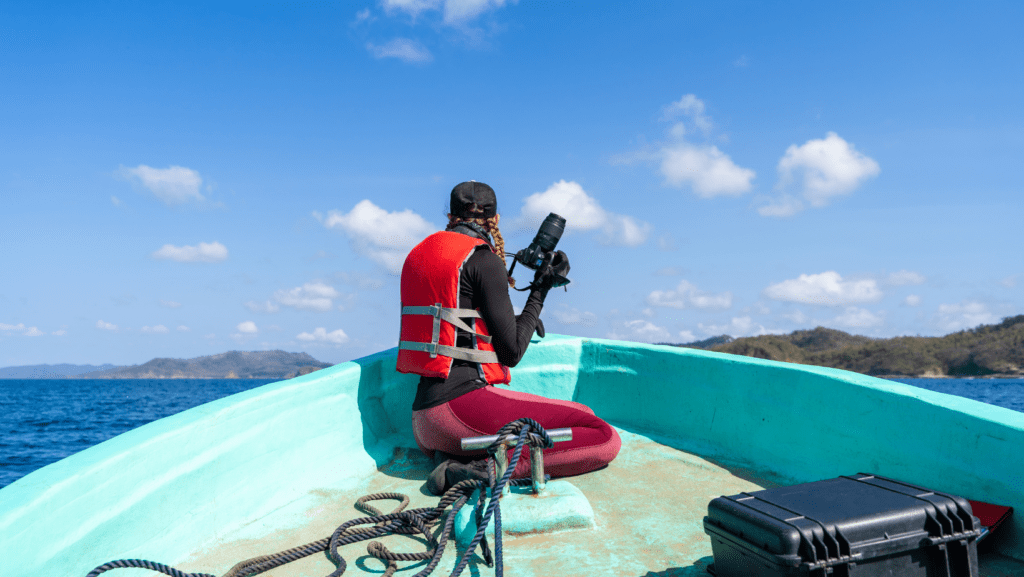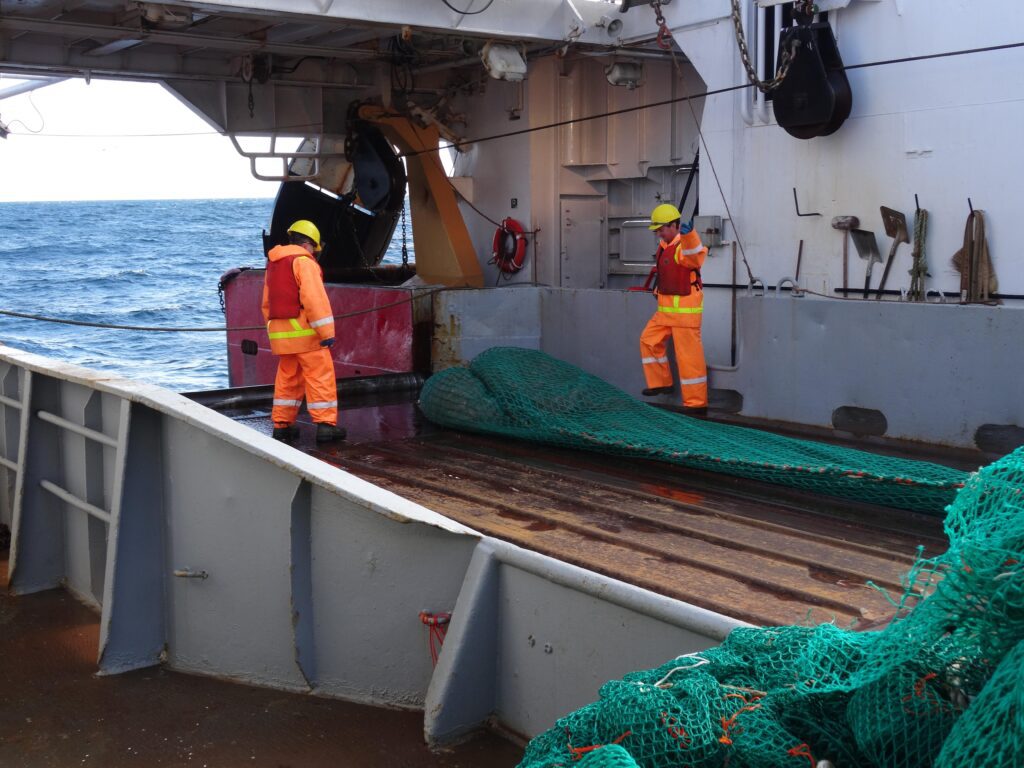How Do Zoos Help Animals?
There are very few places where you can safely experience the diversity of wildlife, learn about the world around you, or help animals threatened with extinction. The only place where you can do all three is at a zoo. The path for zoos to become the amazing institutions they are known as today has been…
Read MoreIs animal extinction really happening?
Yes! In fact, experts believe that we are in the midst of the 6th mass animal extinction known to man, called the Holocene extinction. A mass extinction is when a high percentage of distinct species dies out in a short period of time. The International Union for Conservation of Nature (IUCN) has declared 160 species,…
Read MoreWhat is wildlife conservation?
Wildlife Conservation is the practice of protecting and preserving wildlife and their natural habitats to maintain healthy populations and prevent extinction. Why is this important? We are all connected. Everything has its purpose in the animal kingdom, and losing one species jeopardizes other species (including humans!) Without the plants and wildlife, the food chain will…
Read MoreWhat Does Endangered Mean?
If an animal has reached endangered status on the IUCN Red List, that means that their natural populations have dropped so significantly that the species populations may not be able to grow quicker than they decline. Animals in danger of being extinct will affect all populations, including humans. Animals are becoming endangered due to: Many…
Read MoreAnimals That Are Extinct (from this century)
You’ve probably heard of a species going extinct, but what does that mean exactly? The International Union for Conservation of Nature (IUCN) categorizes all species. There are several categories for classifying species: Not Evaluated (NE), Data Deficient (DD), Least Concern (LC), Near Threatened (NT), Vulnerable (VU), Endangered (EN), Critically Endangered (CR), Extinct in the Wild…
Read MoreWildlife Conservation Includes Their Health
Think of wildlife conservation. Did you picture yourself planting trees, visiting a wildlife refuge, or participating in a beach clean up? Those are a few critical components of land conservation for wildlife. After all, they need safe habitats to thrive in! Imagine wildlife conservation as a puzzle, and land conservation and habitat restoration as a…
Read MoreWhy should you not feed wildlife?
It’s tempting to feed wildlife or at some point, and it seems like an innocent action. Whether it’s tossing bread to ducks or giving squirrels your leftovers, feeding or touching wildlife is always harmful and sometimes illegal. So, why should you not feed (or touch) wildlife? Human food is not healthy for wildlife Wild animals…
Read MoreCanine Distemper (CDV) in Wildlife
What is Canine Distemper? If you have a dog, you’ve probably heard of canine distemper (CDV) and vaccinated your dog for it. It is highly contagious and causes difficulty breathing, coughing, and pneumonia. In addition to those symptoms, it can cause neurological symptoms that are very similar to rabies. Saliva, urine, feces, and other respiratory…
Read MoreOur Ecosystems Need the Little Guys!
The world’s ecosystems are incredible to observe. Each species has a role, much like an office! Also like an office or any workplace, there are the big fries and the little fries. Our ecosystems consist of animals, insects, plants, and microorganisms all working together to balance the Earth. Curious how the little fries affect the…
Read MoreBirds of Prey are Dying because of Rat Poison
Birds of prey or raptors are some of nature’s most incredible species. Sharp eyesight, strong talons, curved beaks, and their prey are some of the reasons humans are so fascinated by them. Examples of raptors include eagles, hawks, ospreys, buzzards, owls, and falcons. In addition to being incredible, these gorgeous birds also provide critical ecosystem…
Read MoreZoos During Covid
Light at the end of the tunnel While it’s true that nonprofits during covid struggled, things are starting to turn around. People are donating generously again, events are returning to face-to-face, and programs are being restored. Zoos have opened their gates once again for people to connect with wildlife and support conservation. Most organizations aren’t…
Read MoreOil in Uganda, Can it Cause Stress to African Elephants?
Among the 14 research projects the Wild Animal Health Fund approved and funded in 2021 is Dr. James Watuwa’s study on stress levels in African Elephants. Dr. Watuwa is a wildlife and zoo veterinarian with Uganda wildlife conservation education center (Entebbe zoo)as well as a co-founder of the Endangered Wildlife Conservation Organization(EWCO). Based in Murchison Falls,…
Read MoreA Day in the Life of a Zoo Vet
Rhino surgeon in the morning, snake healer by evening! Follow along as we keep up with National Geographic featured Dr. JB Minter. Dr. Minter is the Director of Animal Health and zoo veterinarian at the North Carolina Zoo in Ashboro, NC. That’s all in a zoo vet’s days work! If you’d like to follow along…
Read MoreConservation and…Ice Cream?
Dr. Kyle Donnelly is a zoo veterinarian at the Brevard Zoo and Sea Turtle Healing Center in Melbourne, Fl. Conservation and ice cream? Behind the scenes of your local zoo amazing things are happening. For the general public, a day at the zoo might mean eating ice cream while watching the penguins. The more perceptive…
Read MoreZoos are better for kids than theme parks
Remember the “got your nose” trick as a child? I’m not sure about you, but I always fell for it. That’s part of being a kid though, believing what you see and taking everything as it is. Kids are special in that way, and magic is still real. I think the zoo is the best…
Read More5 Careers that Help Animals (Wildlife Edition)
As a kid, I would have told you quite proudly that I was going to be an “animal saver.” My mom stopped pressing me about it after the 1000th lizard I rescued (by rescuing I mean bringing into the house as my new pet). Flash forward 20 years and while I’m not technically an “animal…
Read MoreWhat are invasive species, and why should we care?
According to the National Invasive Species Center, an invasive species is any living organism (or microbe for you science people) that enters a foreign ecosystem. The introduction of invasive species is also considered likely to cause economic, environmental, or human harm. How do they spread? Invasive species can be spread in many ways, with most…
Read MoreYou don’t want to miss this podcast!
I believe in science, I believe in truth. Hello, I’m Jon Rossi. I’m a touring drummer with the love for all things. Again, when I’m on the road, I spend as much time as possible. Visiting zoos, aquariums, rescues, and rehab facilities. Now I want to share those places with you. I’ll be talking to…
Read More10 Ways You Can Help Endangered Animals
Feeling helpless when it comes to helping endangered animals? Here are 10 easy ways to help: To learn more about endangered animals, check out this page. We’d love to have you join our family on socials! Instagram Facebook
Read MoreWomen in Wildlife Research
Did you know some of the most powerful voices in zoo animal and wildlife research have been women? Several of these women paved the way during a time when women weren’t in conservation. You can thank these women for the protection of species like: cheetahs, gorillas, rhinos, sharks, orangutans, elephants, chimpanzees, and so many more.…
Read MoreWhy are the Rhinos disappearing?
Today, three out of the five rhino species is considered Critically Endangered, or is facing extinction. So why are rhinos disappearing? The biggest threat is poachers killing the 5,000 pound creatures for their horns. A large percentage of this poaching has taken place in South Africa, home to most rhino species in the world. Their…
Read MoreIn Situ vs. Ex Situ Conservation
Different types of conservation Did you know that there’s a name for the different types of conservation? Latin for “in” and “out” of place, in situ and ex situ describes the location for wildlife. In situ refers to the animal’s original home and ex situ describes conservation in which the animal has been moved. Each…
Read MoreWho are Aquarium Veterinarians
Did you know that when you visit an aquarium, the animals you see have special doctors on staff? These doctors make sure the aquatic animals receive the proper care, husbandry, diagnosis and treatments in order to live long and healthy lives. They are called aquarium veterinarians. Aquatic animals are no exception and require completely different…
Read MoreWhy fundraising is so important for the animals
Why is fundraising so important for the animals? Simply put, because we can’t afford to lose sight of the need for research for them, too. During this uncertain time of COVID, the rapidly changing environment, conflicts near and far, and other catastrophes – natural and created by humans, Wild Animal Health Fund knows one thing for absolute certain, the animals STILL need…
Read MoreWho is the Wild Animal Health Fund?
The Wild Animal Health Fund (WAHF) is not your average conservation program. In fact, there are not other conservation programs like us on the planet. The Wild Animal Health Fund, a 501(c)(3) not-for-profit, is a program of the American Association of Zoo Veterinarians (AAZV). WAHF is solely focused on funding humane health studies for zoo…
Read MoreOne funded project can help several species
One funded project can help several species but what is the impact? Each Wild Animal Health Fund project must share the results through refereed scientific journals and lectures at conferences with scientists from all over the world. The beneficial insight from the shared knowledge then goes into action for the animals’ care whether the animal…
Read MoreCan’t go to the zoo? Visit one virtually!
For all you Zoo Lovers! Don’t fret! We have you covered! Can’t get out to visit the zoo? Visit a zoo virtually then! Sadly, our world is still in lockdown because of the Covid-19 pandemic. Zoos, conservation facilities, and sanctuaries all over the world have temporarily closed their doors to the public as well as…
Read More2025 WAHF Research Grant Webinar
We’re excited to introduce the nine new projects receiving Wild Animal Health Fund (WAHF) support this year. Thanks to generous donors like you, WAHF is investing $149,835 in cutting‑edge wildlife health research. Watch our newly released recording to learn about the projects funded this year and revisit past success stories. In this recording: • Dr. Sharon Deem shares…
Read MoreWild Animal Health Fund Video Interview: Devinn Sinnott
Discover how Devinn Sinnott, supported by the Wild Animal Health Fund, is tackling the critical issues affecting sea otter populations. Her research at the University of California-Davis focuses on parasites and diseases that threaten these animals. Explore Devinn’s Research Watch Video Interview Gain insights into the challenges and advancements in sea otter health research through…
Read MoreWorld Wildlife Day 2024
March 3rd is World Wildlife Day, a dedicated time to celebrate the animals and plants that call Earth home and the contributions they make to the planet. It’s important to take a moment to appreciate the beauty and range of life in the world around us. Biodiversity is what keeps our ecosystems functioning and the…
Read MoreWhy Wetlands (And Their Inhabitants) Are Important
In the safety of marsh grass, a frog croaks in the dead of night. An alligator’s all-seeing eyes sit still above the murky water while the rest of his body is submerged below. Deer are grazing not far off on firmer soil and a lonely owl hangs among the cypress trees. In a small corner…
Read MoreThe Impact of Floridian Development on the White Ibis
The white ibis is one of the most abundant wading birds in Florida. If you’re from the South, there’s a chance you’ve seen a flock of white ibises at a local park or even in your backyard. They’re charming with their unique red beaks and white body. However, white ibises have increasingly relied on humans…
Read MoreToxoplasmosis Transmitted to Beluga Whales
You’ve probably heard of toxoplasmosis before. It’s a common parasitic disease in cat feces. Toxoplasmosis can lead to lethargy, liver damage, and other forms of sickness. It’s why pregnant women are told to avoid cleaning litter boxes. However, toxoplasmosis has been transmitted to beluga whales–how did we get here? Toxoplasmosis in beluga whales To understand…
Read MoreGlobal Wildlife Conservation Efforts
Somewhere right now, a wildlife pathologist is working tirelessly in a lab investigating animal diseases. Across the sea, there are veterinarians in Africa saving and protecting species we have all known to love. And, in the middle of the Pacific Ocean, biologists sampling and tracking aquatic life to learn more about the creatures that fascinate…
Read MoreCollaboration is Key to the Wildlife Conservation Puzzle
In the cold northern seas, beluga whales are facing a unique threat. Toxoplasmosis, a parasite transmitted by feline species, has made itself prevalent in the St. Lawrence Estuary. Along the shores, this has led to stranded and deceased whales of a once peaceful population. Collaboration is integral to wildlife conservation. One person, or even one…
Read MoreEntrapped Bolivian River Dolphins
With the support of the Wild Animal Health Fund, two zoo and wildlife veterinarians were called to assist in a major conservation situation in the Santa Cruz region of Bolivia. Landscapes in this area are rapidly changing due to farming and forest fires. Rivers tend to erode bringing silt to the rivers, carrying pesticides, heavy…
Read More